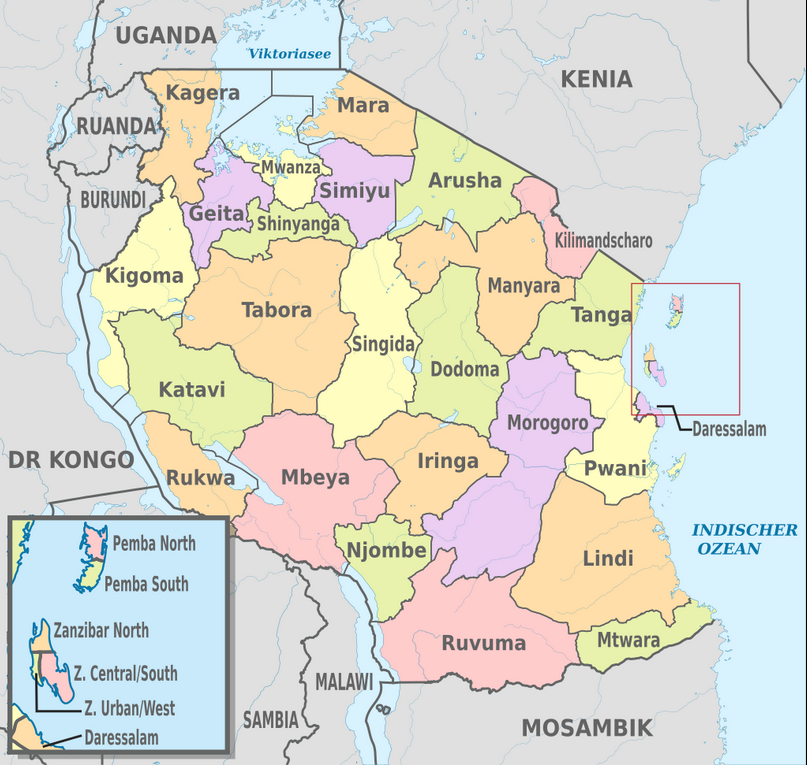Responsibilities of the citizen

Responsibilities of the citizen
Responsibilities are the things a person has to perform as a rule. A citizen has to do the certain things in the country in which he or she is a citizen. These are called civic responsibilities or re responsibilities of the citizen. Civic responsibility classified as follows:
1. Personal responsibilities
A good citizen is the one who:
(a) Takes care of himself or herself.
(b) Behaves in civil or respectful manner.
(c) Consider the rights and interests of others.
(d) Support the family.
(e) Accepts responsibility for his or her action.
2. Economic responsibilities
A good citizen is obliged to:
(a) Pay taxes and other statutory payments to the governments.
(b) Do lawful productive work.
(c) Participate in community development activities.
3. Social responsibilities
A citizen must:
(a) Protect his or her country from enemies.
(b) Promote fairness, equality and social justice.
(c) Respects the rights of fellow citizens.
(d) Obey the law of the country in order for everyone to live in peace and harmony.
4. Political responsibilities
A citizen has a responsibility to.
(a) Participate in the country’s civic affair such as attending political meetings.
(b) Take part in election.
(c) Take part in building and consolidating democracy.
(d) Help to develop public policy.
(e) Advocate favorable policies and legislations.
(f) Acquire and use information in order to make decisions.
Results of practicing civic responsibilities
The following are results of fulfilling civic responsibilities:
(a) The rate of crime is reduced because people are busy carrying out their duties.
(b) There is peace and harmony during political, social and economic activities.
(c) The rights of people are respected because people do not interfere with each other’s rights. No citizen will enjoy his or her rights to the point of abusing the right of other citizens. One’s freedom ends when the other citizen’s freedom begins.
Responsibilities to special groups
Special groups are people who need special care for various reasons. Such people should not be neglected. They should be assisted when they cannot carry out their responsibilities and duties. The following are some of the special groups of the people and the way in which we can help them:
1. The elderly
These are old people. As people age, they become less energetic and may not be able to work as well as young people. As the result, they cannot work effectively and earn their daily living. In addition, some disabilities such as poor eyesight and poor muscle control may be caused by old age. Elderly people therefore need special care.
2. Street children
This is the group of the children who stay on the streets as they have no place to live. This could the result of various causes such as poverty, abuse by parents or guardians, death of parents and family break-ups. Due to these reasons children are forced to live on streets with neither parents nor guardians to take care of them. They usually have no permanent place to live in. in order to earn their living, street children may engage themselves in child labour and drug peddling.
In Tanzania, there are institutions which give such children life skills. Examples of such centres are Dogodogo centre in Dar es Salaam and Kuleana in Mwanza.
People who have the ability to assist street children should do so. One can assist by sponsoring their stay at the centre, giving them clothes and food or taking them to school.
3. People living with HIV and AIDS
These are people who are infected with human immunodeficiency virus (HIV). The virus attacks the white blood cells that protect the human body from infection and disease.
Many HIV infected persons live in fear since the disease has no cure. However, to be infected with HIV does not mean one will die immediately. With support from the society and proper health practices, an infected person can live for many years and achieve most of his or her goals. Responsible citizens should support such people by providing them with love, food, clothes and medicine.
4. Refugees
Refugees are people who flee their countries because of insecurity in their home countries. The following are some of the reasons for their forced migration:
1. Political conflicts
2. Civil wars
3. Social conflicts
4. Drought or famine
5. Religious conflicts
6. Economic problems
Refugees lack such things as education, food and proper housing. Their families are also separated. Tanzania has refugees from the Democratic Republic of Congo, Burundi and Rwanda. We can also help them by being kind to them and listening and talking to them.
No comments